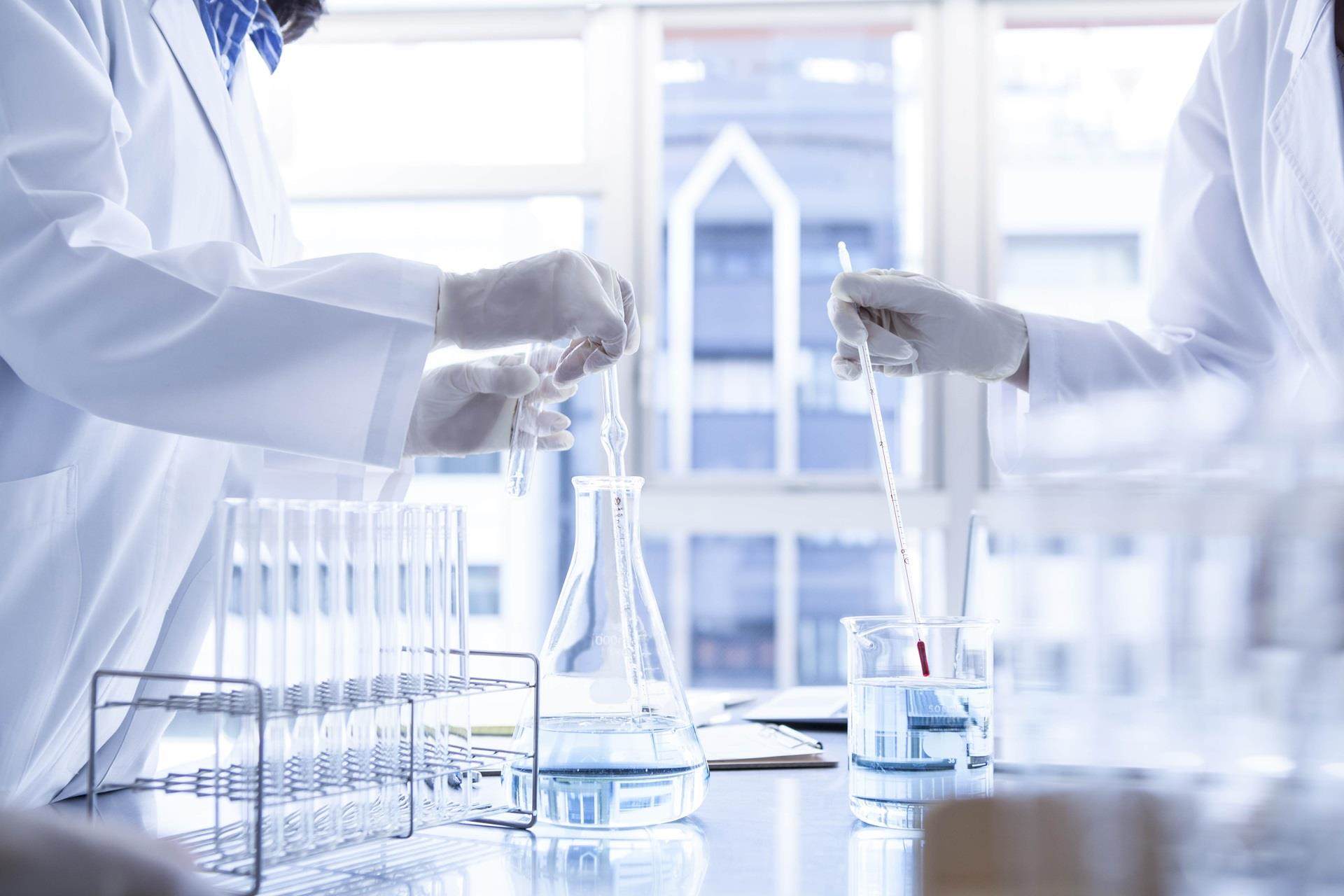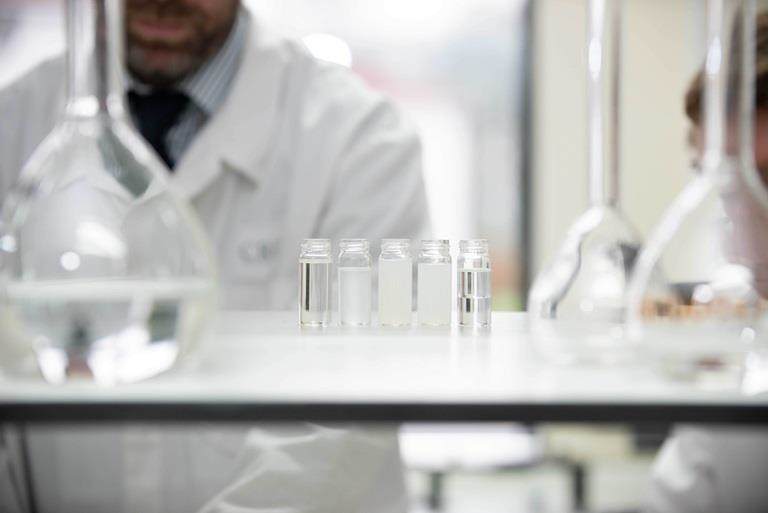
Innovation
Our Research and Development (R&D) team comprises of more than 450 scientists from a diverse range of specialisms including chemistry, biotechnology, specialist excipients and plant science. These talented individuals drive the creation of more effective and sustainable ingredients to address the needs of our customers and consumers globally.
Furthering our capabilities
Our strategic objectives as we head towards 2030 include scaling our biotechnology capabilities. We are exploring how this science can extend our knowledge and challenge our thinking in how we manufacture. Biotechnology offers many sustainability benefits, and we can use it to improve and develop our existing scientific know-how.
Biotechnology is not new to Croda. Sederma, our Beauty Actives business, has developed over 50 innovative ingredients using this capability, and we have been building our expertise with acquisitions such as Nautilus, which specialises in marine biotechnology, and Enza Biotech, which specialises in using enzymes. We have also established a biotechnology R&D lab in the UK.
Sustainability Impact Assessments indicate biotechnology can bring clear benefits to our customers and our own operations including:
- Reduced need for chemical processing.
- Lower temperatures, reducing the amount of energy required for reactions.
- Reducing or removing the need for catalysts.
- Reducing our scope 2 and 3 carbon emissions.
- Improved process safety.

Combining science and sustainability at Alban Muller
Through our Sederma business we are the leading innovator in the skin care market and the number one supplier of anti-ageing ingredients. We are also a leader in natural extracts sourced from plants, under our Crodarom brand. We recently acquired Alban Muller, a privately owned company that combines science and natural extracts, broadening the natural ingredients offering in our Beauty Actives business.
Alban Muller’s natural active and functional ingredients create a significant growth opportunity to meet changing consumer requirements in a skin care market that is growing 9% per year. The acquisition is also a good example of where we expect to continue to allocate capital in consumer markets. Alban Muller product Cytokalmine™ is a natural concentrate for sensitive skin with proven soothing and antioxidant effects. This new product, launched in 2021, is 100% naturally derived from by-products of pomegranate food production. The production of natural active ingredients using locally sourced by-products is a good example of how Alban Muller delivers beauty ingredients that are more sustainable than alternative products.
Innovation in manufacturing
Our Process Innovation Team focuses on intensification and novel technologies in manufacturing, always prioritising improvements in sustainability. Their insights and efforts help us to develop alternative manufacturing routes for products, further increasing our use of bio-based raw materials, reducing CO2 emissions, and cutting water usage. They:- Identify and understand the challenges of our different manufacturing sites.
- Find or develop technologies to meet site needs.
- Integrate new technologies and update existing ways of working.
At any given time, up to three-quarters of our manufacturing sites can be running projects with our Process Innovation Team. All projects contribute to improving either efficiency, safety, product quality or sustainability. For example:
- Reducing CO2 emissions, contributing to our decarbonisation strategy.
- Recycling water used across sites.
- Deploying more sustainable processes in manufacturing.
The importance of innovation at Croda





